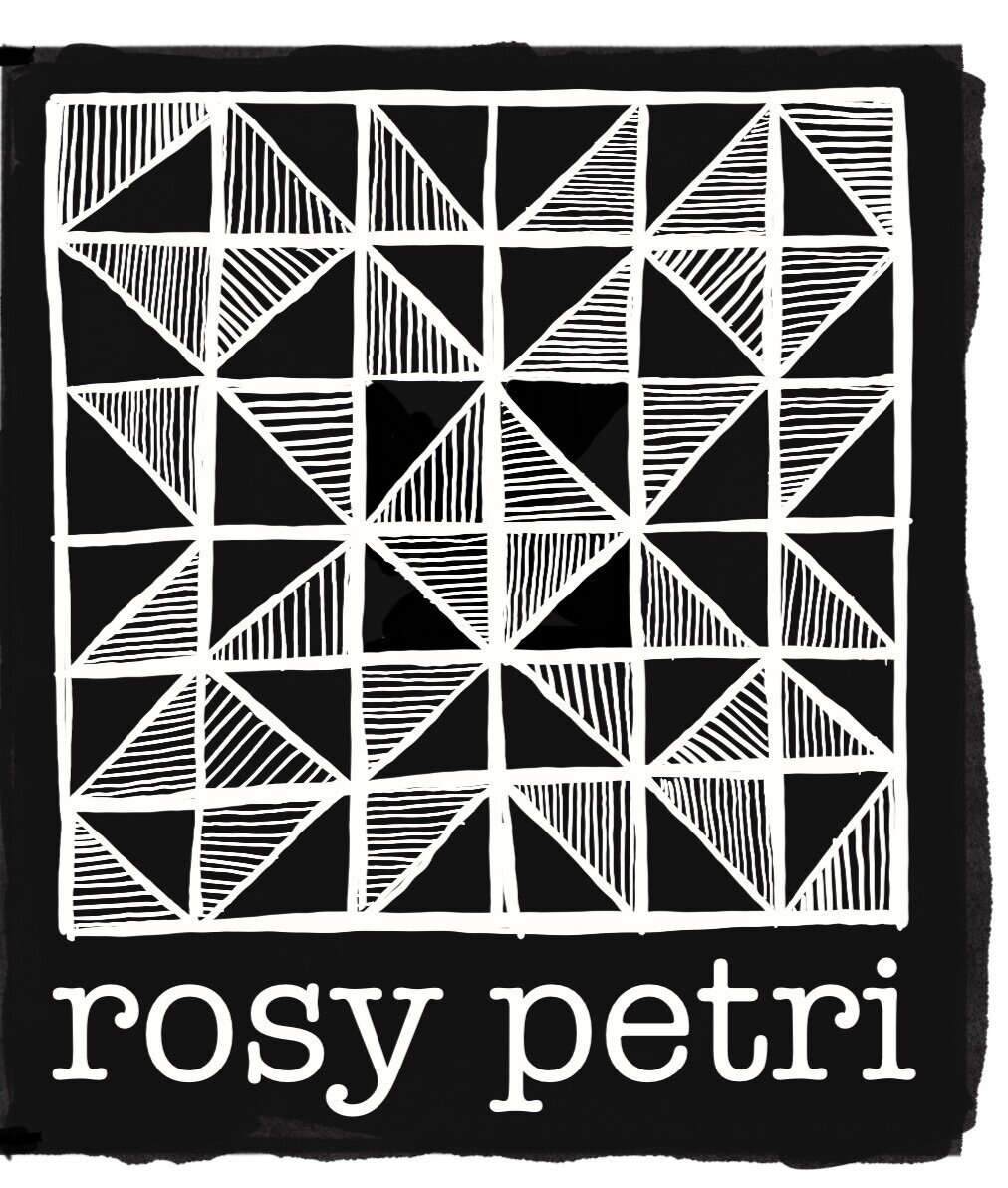nightshade
I grew up in a garden full of poison: lead paint, domestic violence, drugs. In reading, I learned how to escape or survive, whichever was the most practical strategy at the moment. Recognizing things in nature, having a country experience in the city. Pulling worms out of garden beds for fishing, then seeing those same fish cleaned and filleted while dominoes and cards hit the table under the shade of the big box elder tree…. That tree was a blessing every summer. Then, there were the weeds. Ghetto flowers, I called them.
Some weeds are universal (like dandelions), but some, like bindweed, chicory and nightshade were things I only encountered consistently in the hood. We played jump rope with old electrical cords and along the sidewalk fence between my auntie’s and grandma’s houses, the fruits of the nightshade shone like tiny gemstones, purple and red. To me, they were the most colorful thing in my immediate natural reality. Cockroaches and crushed malt liquor cans, too much spaghetti and not enough safety. There was thick love, a deep and strong connection to each other, but love alone does not keep people alive. This is the pain of transition to city life.
I was spoiled with love from daddy. When I was with him, I was his shadow. Walking side by side for miles with buckets and poles and harvested worms to catch the big family dinner at Washington Park. Piggy back rides, Wrestlemania on tv with cast-iron popcorn and hot butter. Somewhere in between, he showed me the quiet peace of nature. Learning the tree leaves, not by name but by characteristic (length, shape, texture, sometimes smell). Seeing the signs of fish in the water, the smell of rain, and the earliest signs of spring. I learned to understand the relationship between dogs and quiet men, quiet in times of mental clarity that was lost in the worst times. If there were times my father was lost, the only things that could bring him back to himself was his dog or his daughter. Somehow, we became interchangeable tethers.
He showed us we could eat the petals from the clover flowers, that they tasted softly sweet. We became flower eaters like the rabbits. He showed me black walnuts at the park across the street and cracked one open so I could look inside. To this day, the smell reminds me of him. He taught me not to eat the berries growing on the fence because they were poisonous. I later learned their full name (deadly nightshade) from fairy tales I read. Touch of birch bark, scent of willow, rattling pod of locust bean, absurd foliage of sumac and catalpa. He showed me ways to read the world without ever saying much. These early lessons (and so many things from that time in my life) gave me a curiosity and appreciation for nature. Later, when I learned about indigenous land practices, it felt so much like growing up in that place where 17th and Walnut intersected rural Mississippi. Even if there weren’t many resources, we could find a way to survive.
It wasn’t until I was an adult that I read Zora Neale Hurston and Octavia Butler. I learned about the particular whys of certain cultural practices, like passing wisdom through story as a means of protecting and educating the next generation. Better still, the apprenticeship style of learning through doing, teaching through feeling, repetition, and knowing in the body. From Octavia I was reminded that a healthy understanding of the natural world might be the difference between life and death: that knowledge needs to be developed before it’s required to be useful.
With Zora, I learned about the nuance in customs of culture: the particular southerness of Black freedom, the storytelling, music and vernacular. I’d never encountered writing about my people that read like my people actually sounded. From this I took folklore and ritual, high John the conqueror, and the importance of the trickster. I learned about folk spirituality and mojo bags, starting to connect the dots between her writings, my childhood memories, and the ghetto flowers.
The flowers eating up our decaying fences are a reminder of the journey, holding us at the root and witnessing our survival. The bindweed as a symbol of ancestral magic, the chicory as nourishment, and the nightshade as a means of accessible protection– not unlike kitchen utensils and hot grease used by desperate women to protect the hearth. The stories have become cultural storehouses, whispering lessons learned by our people across space and time. I see the ghetto flowers growing up alongside the struggles of everyday in this place that seems determined to kill me, and I remember that survival is the most radical act of all.

